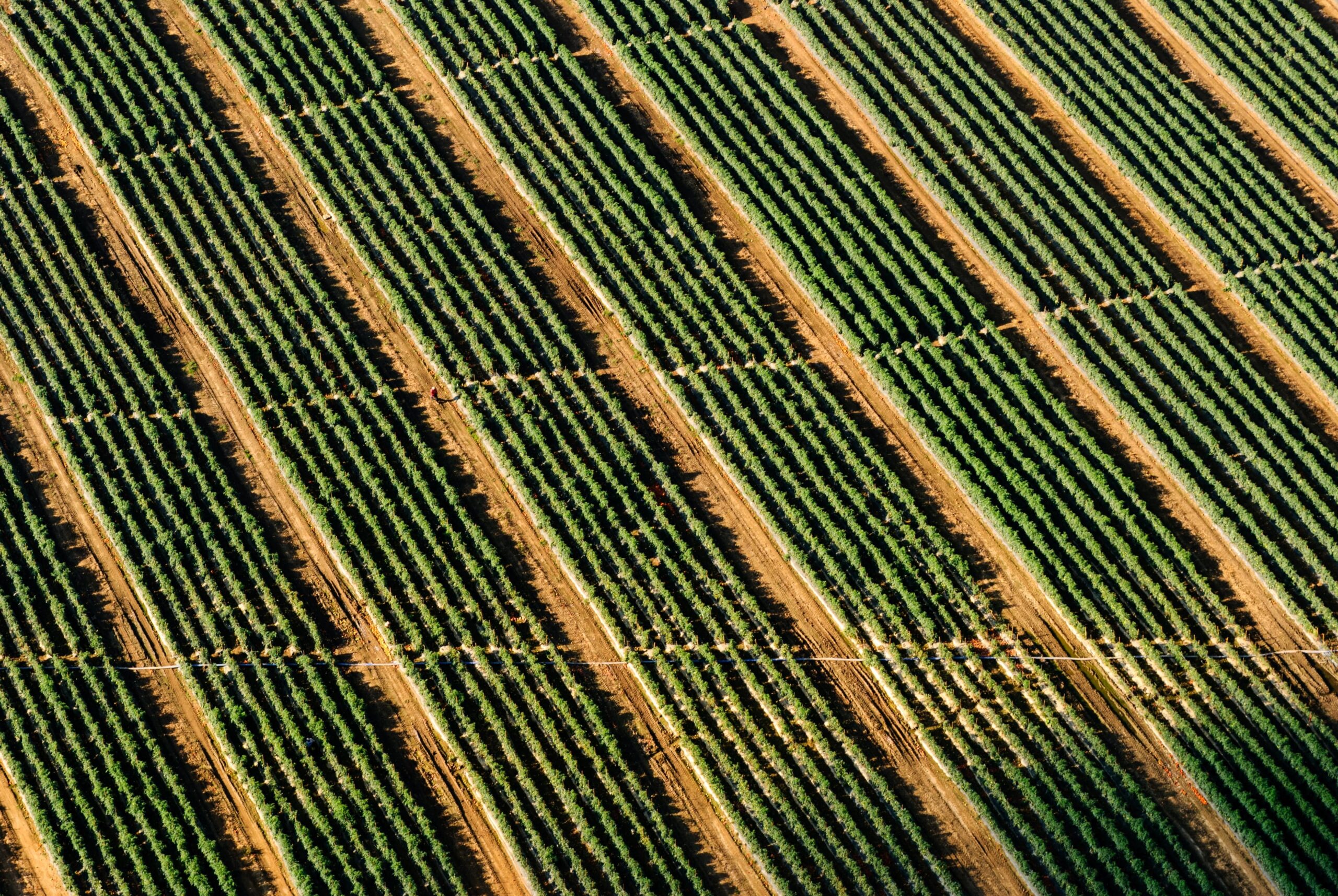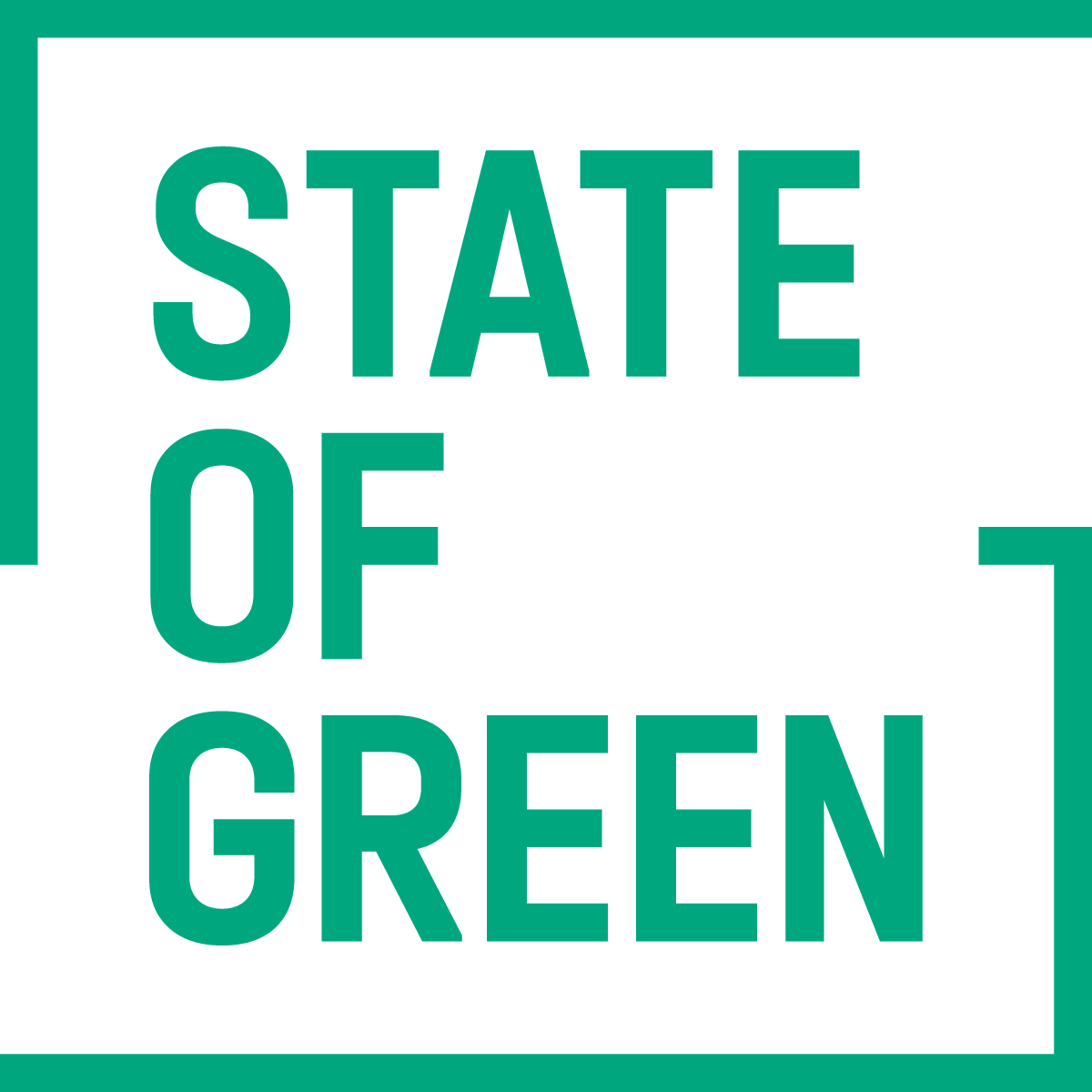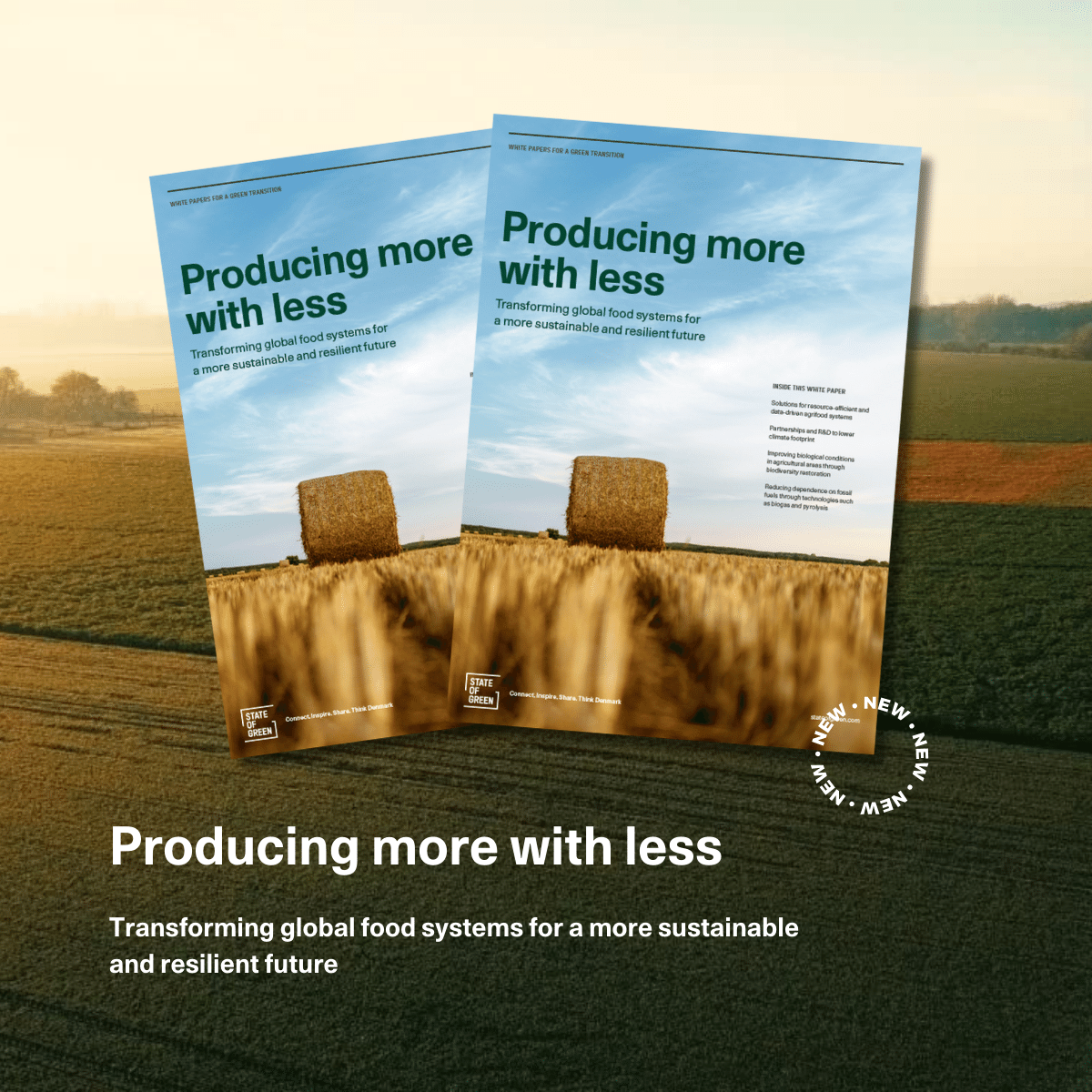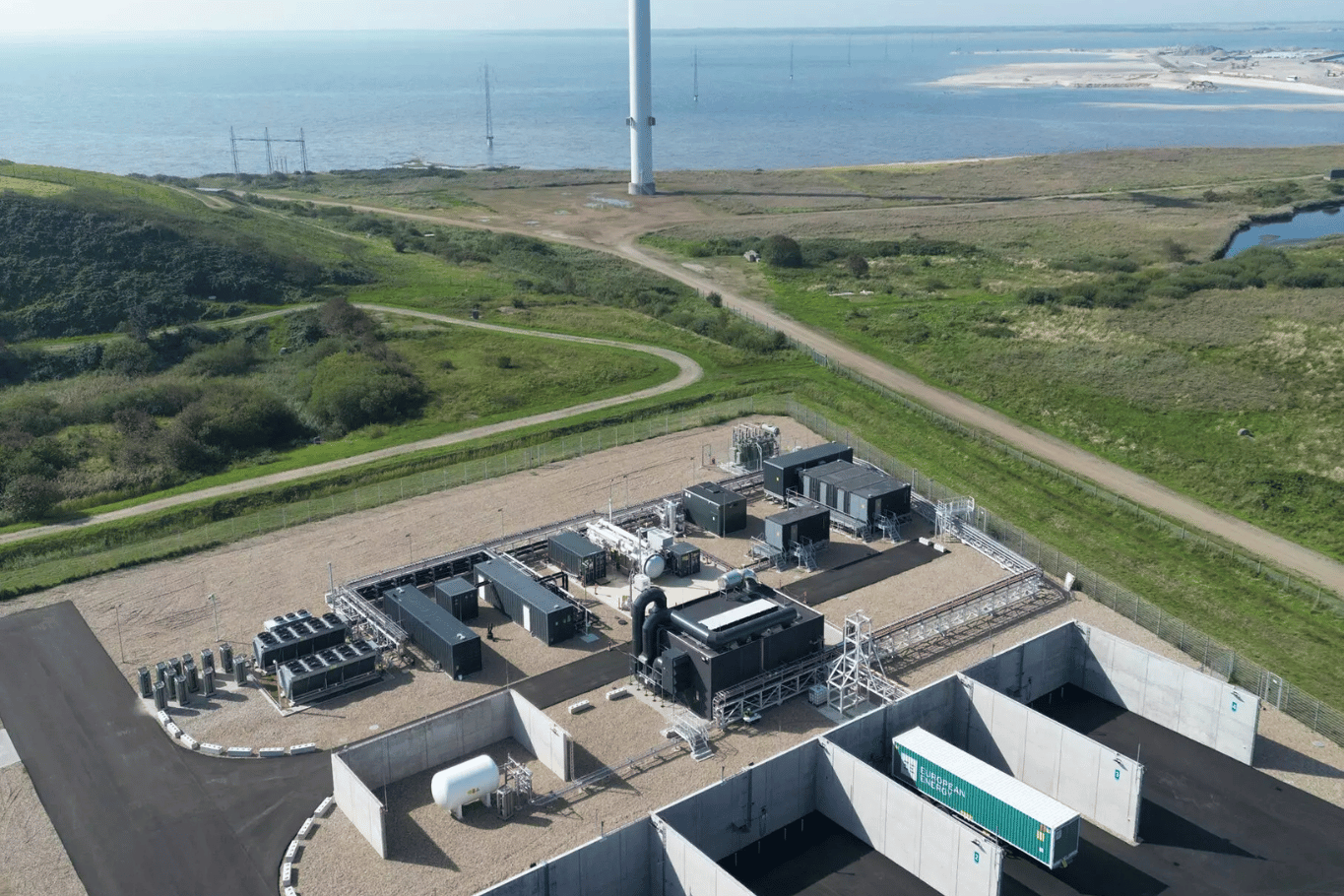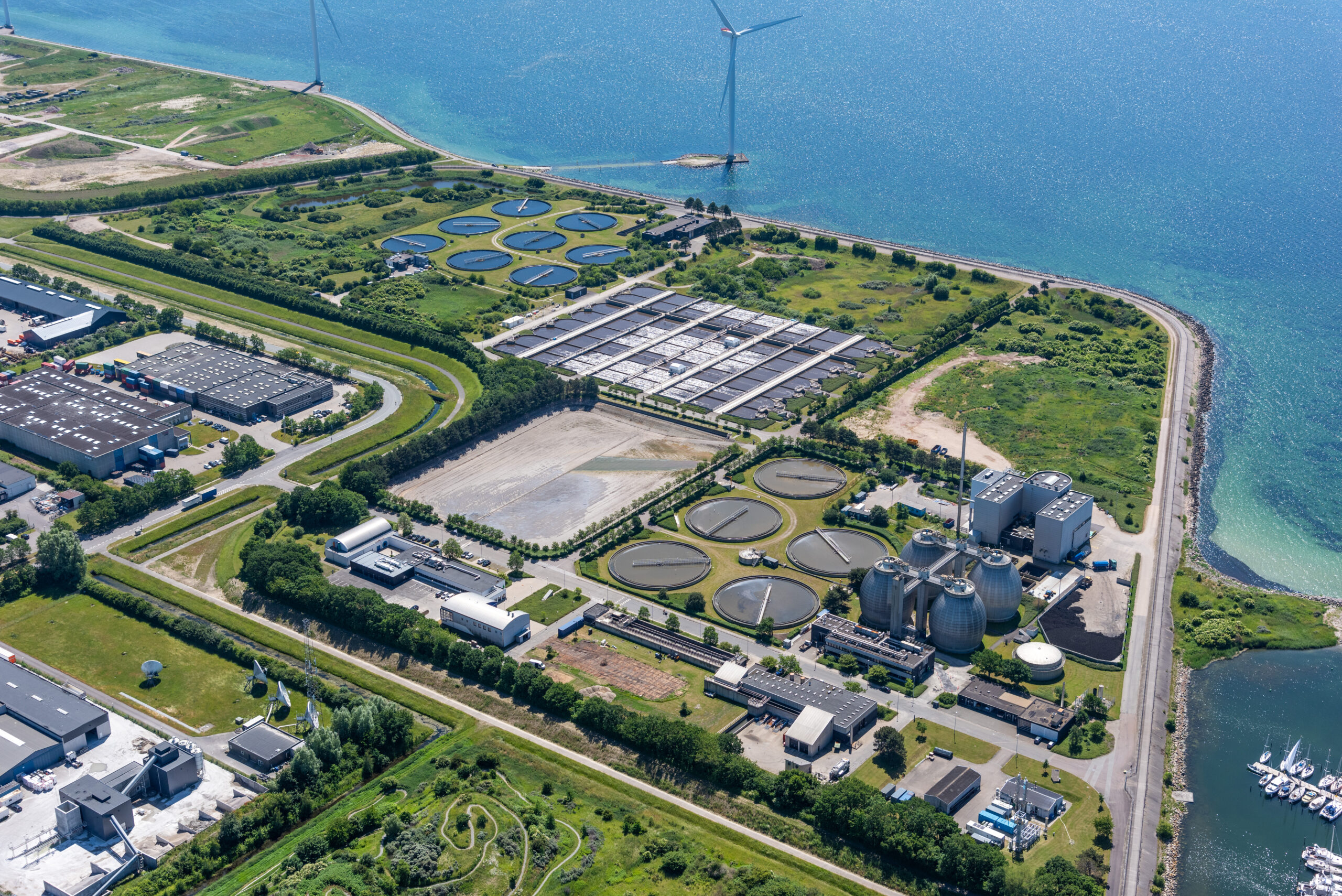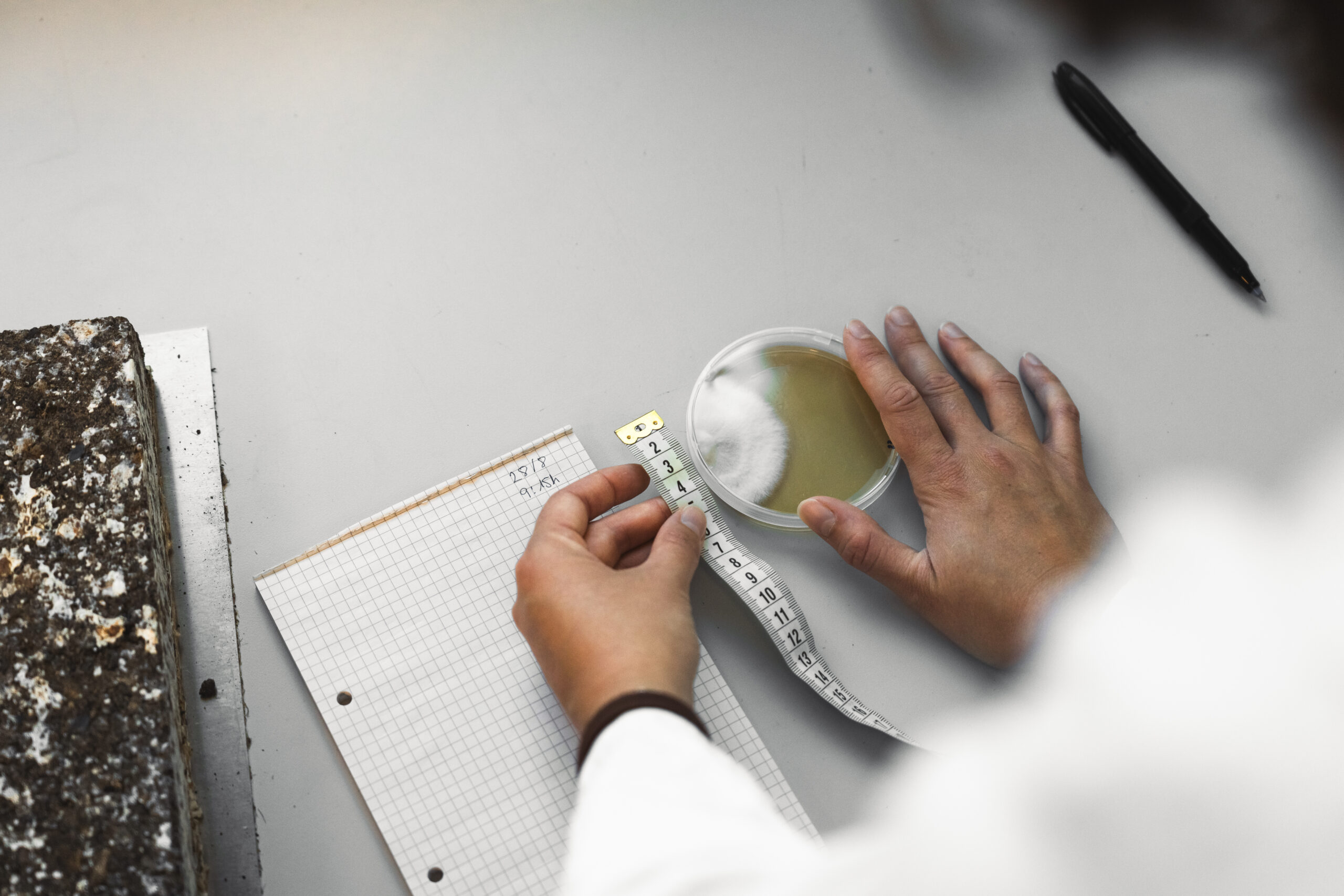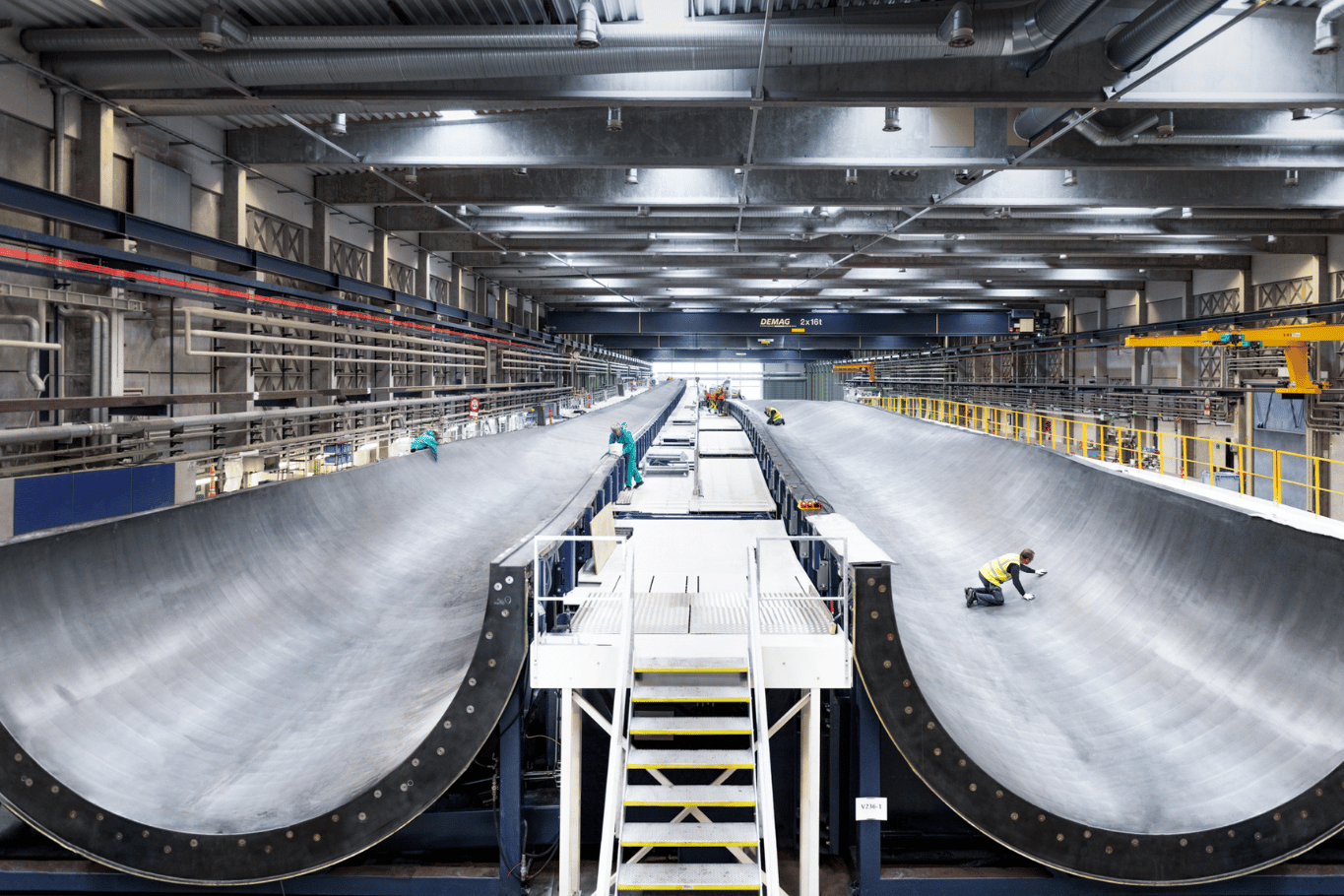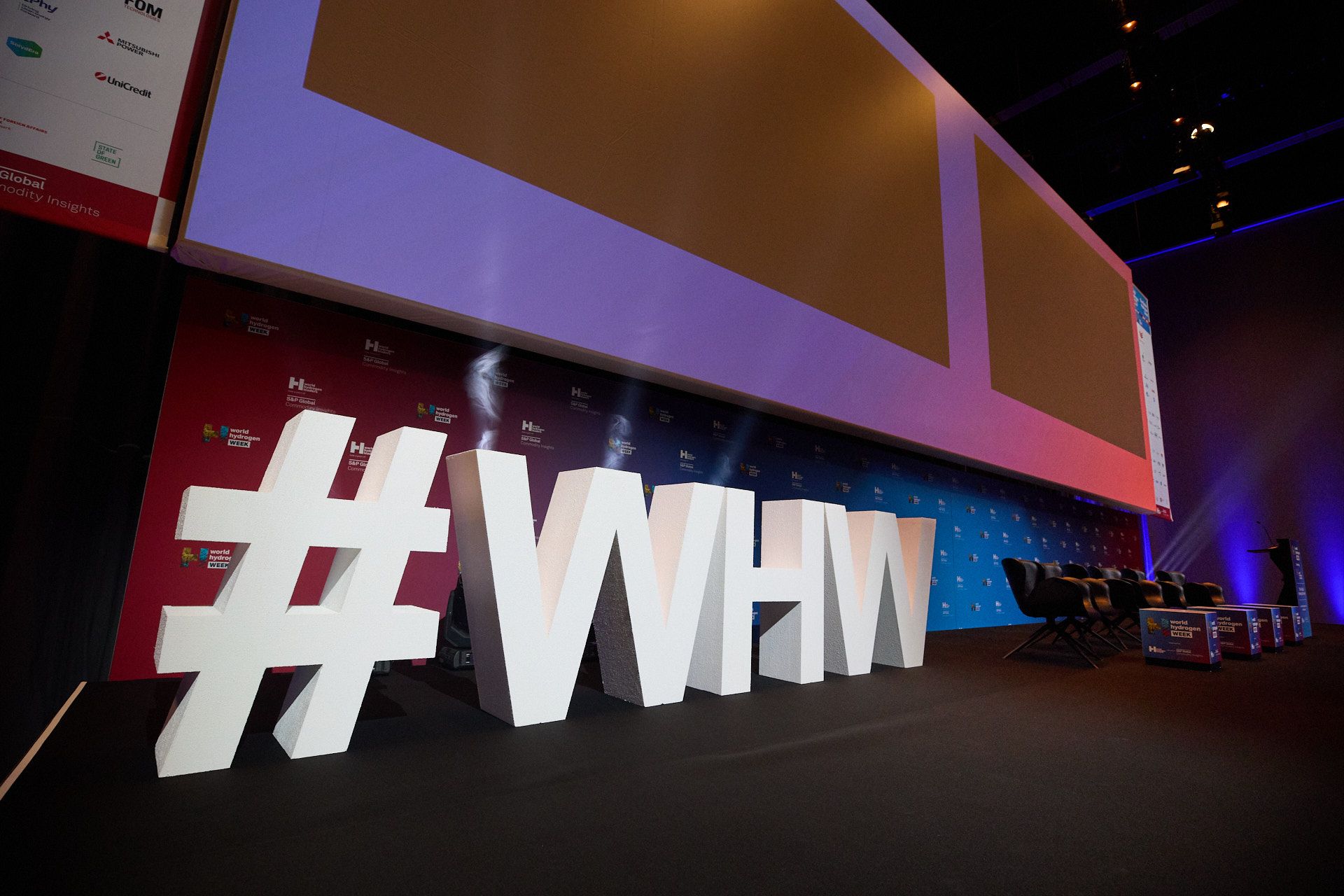Denmark is home to one of the world’s oldest agricultural universities, agricultural schools, and innovation and consulting centres covering the entire production chain. Today, 61 percent of Denmark’s land area is used for agricultural purposes, and agrifood plays a big role in the Danish economy. Danish agrifood products are sought after worldwide for their quality rooted in extensive production know-how, energy-efficiency, and high standards for food production.
The regulatory setup around the Danish agrifood sector is based on an enduring tradition of both regulating and collaborating with the agrifood sector. The agrifood cluster is a major contributor to the Danish economy with an annual contribution to GDP of DKK 70 billion and more than 180,000 jobs in Denmark are related to the agrifood cluster. In 2022, agrifood exports reached a record high of DKK 196 billion, equivalent to 24 percent of the total Danish export of goods. The Danish agrifood cluster supplies food both at home and abroad from finished products to integrated contributions to other value chains. However, the agrifood cluster also greatly impacts Denmark’s CO2 emissions. Emissions from the sector add up to 15.9 mio. tonnes of CO₂e, corresponding to 34.4 percent of Denmark’s aggregated emissions measured in CO2e. This equals a 32 percent emission reduction compared to 1990 levels.
Intensive farming further impacts the surrounding nature in terms of biodiversity, pollution, and soil degradation. With a projected 60 percent increase in global food demand by 2050, it is evident that we need to use resources more efficiently and implement solutions and new technology to transform the agricultural sector. In 2019, the Danish food sector committed to achieving net-zero emissions by 2050. Initiatives range from improving energy efficiency in food production facilities to incentivising farmers to reduce emissions. The Danish government has set binding reduction targets for CO₂e emissions in the agriculture and forestry sector, with significant progress made in reducing emissions while increasing production.
Innovation and collaboration must lead the way. Reaching a successful, balanced transition requires action from both the public and private sectors. Recognising the pivotal role of food production for the prosperity and well-being of the world’s population alongside its challenges, this white paper showcases Danish solutions to the challenges of decarbonising the agrifood cluster. Public-private partnerships are a long-standing tradition in Denmark, and a key factor in fast, socially just action towards reaching the climate goals. The Danish examples show that there is a large potential for developing more sustainable farming techniques when we work together.
Dual approach for adaptation and mitigation
Meeting the ambitious targets set for the agrifood cluster, the Danish Government requires the implementation of mitigation efforts as well as strategies for adaptation. As such, the Danish agrifood cluster is continuously working to improve and adapt the production and import of agricultural produce to meet the challenge.
Climate change is altering the landscape of global food production, necessitating adaptability. Denmark’s food sector is at the forefront of embracing resilient practices, such as implementing technologies to navigate shifting weather patterns and ensuring that resources are used smarter and more efficiently, limiting waste from all links of the value chains. Resource efficiency is a cornerstone of Danish food production.
The Danish approach to food production is “producing more with less”. Focus is especially on reducing the use of critical resources such as energy, water, and other scarce resources. Collaborative efforts between government, industry, and research institutions, combined with targeted research and development, have demonstrated the possibility of increased productivity while minimising environmental impact. Meanwhile, innovative technological breakthroughs within bio solutions offer new opportunities for optimising productivity.
The Intergovernmental Panel on Climate Change (IPCC) has highlighted agrifood systems’ significant climate change mitigation potential. Denmark’s food sector is resolutely committed to climate mitigation and emission reduction. Initiatives range from enhancing energy efficiency in production facilities to incentivising farmers to reduce emissions. Government-imposed targets underscore the sector’s determination, resulting in substantial emission reductions without compromising productivity.
Additionally, reducing reliance on fossil fuels through biorefining and the adoption of biogas, pyrolysis, and biomass utilisation is a priority for Denmark’s food sector. With a focus on optimised farming practices and strong public-private collaborations, the sector is poised to lead the transition toward renewable energy sources. Other initiatives such as rewetting peatlands and creating mini wetlands are examples of approaches to reduce greenhouse gas emissions while making more space for nature and biodiversity.
Making the most of data
Progress in the Danish food sector is greatly attributed to close cooperation between industry, government, and research institutions. Data plays a critical role in enhancing the efficiency and sustainability of food production. The Danish food sector boasts a robust digital infrastructure and has been collecting and sharing data for decades. This enables innovation and precision in all phases of the agrifood system. R&D activities are largely seen as a collective endeavor, creating a close link from research to practice and day-to-day farming which enables the transformative processes.
Transforming agrifood systems worldwide is a crucial competency in the global green transition. From known resource and energy-efficient practices to new ground-breaking technology, the Danish agrifood cluster aims to continue leading the way globally, produce more resilient food products with a lower climate and environmental footprint, and drive the transition towards climate neutrality by 2050.
